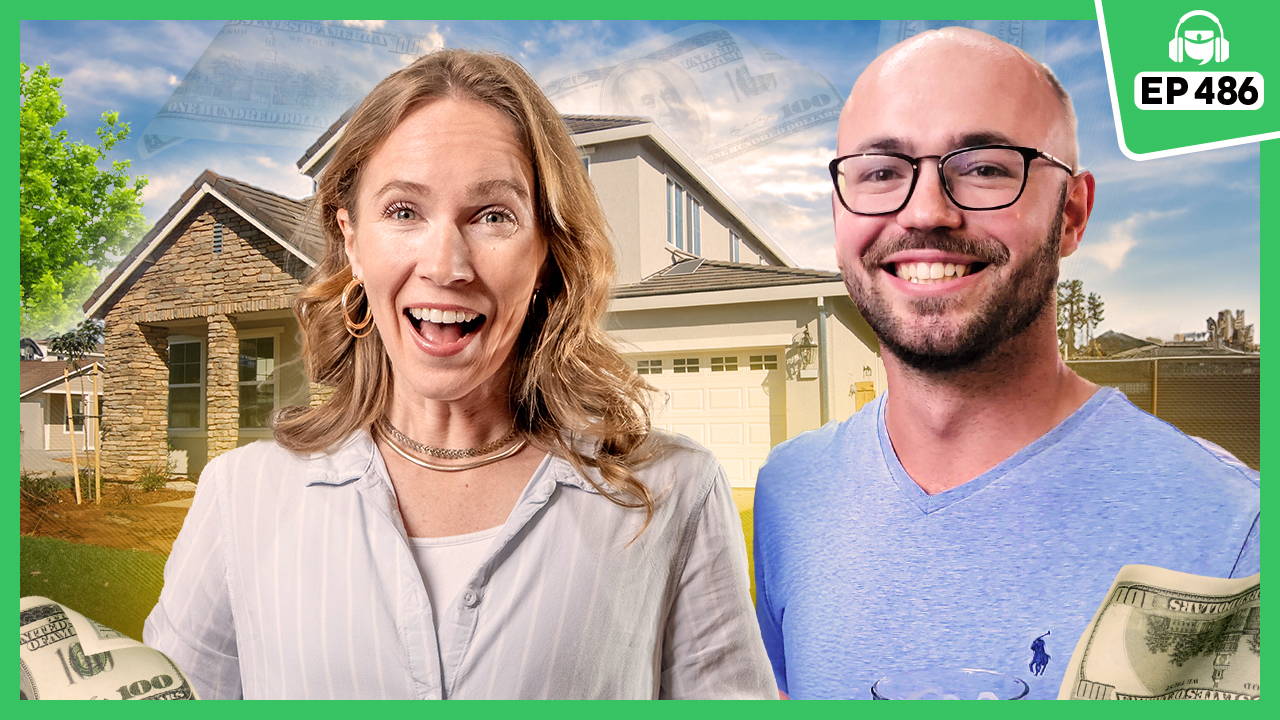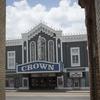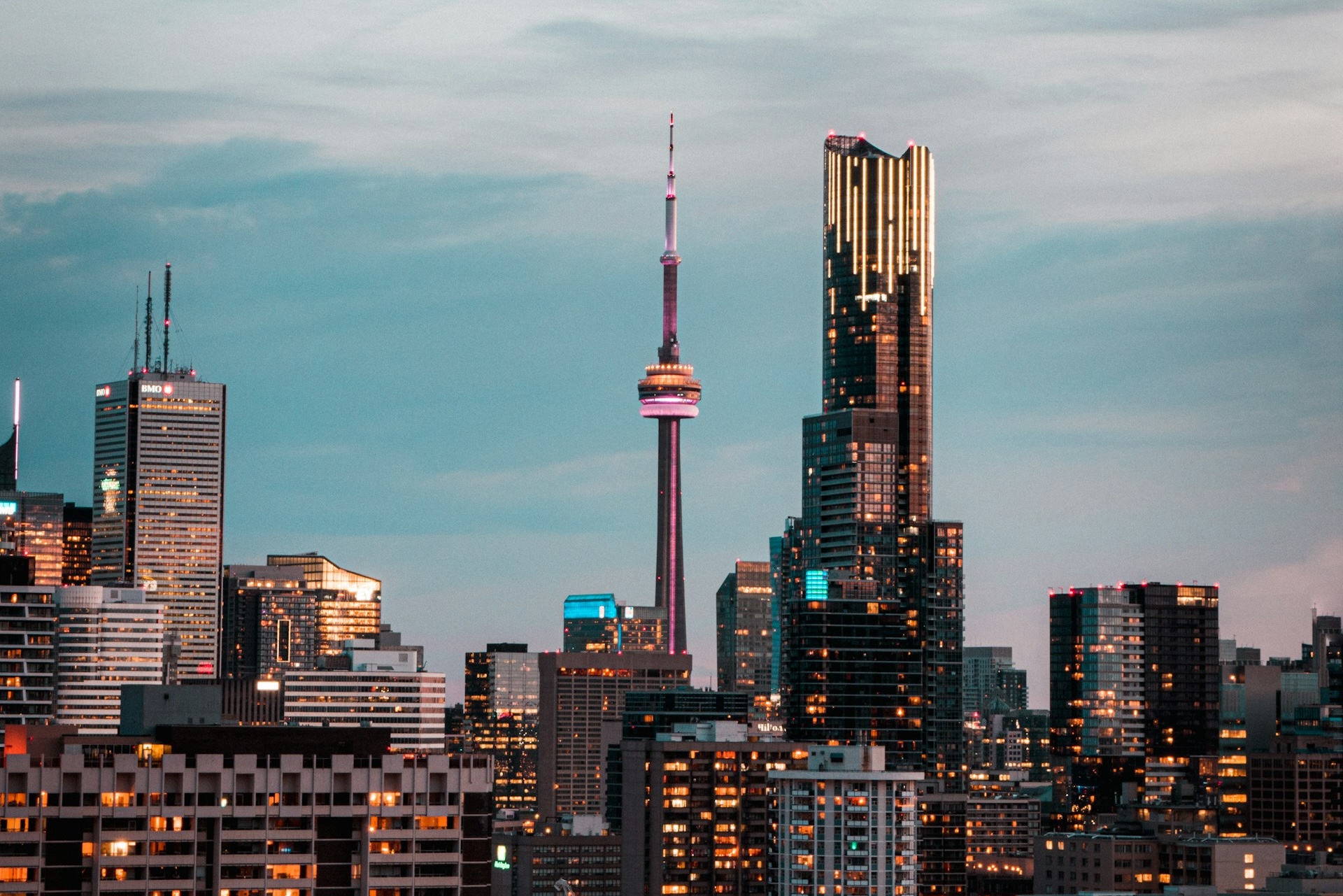Approvals for foreigners to buy residential real estate here have plunged by $1.3bn in one year.
A $1.3bn crash may look dramatic, but the real reason why housing foreign buyer approvals have plunged may shock you.
Latest Australian Treasury figures show that in the financial year to the end of June 2024, approvals for foreigners to buy residential real estate in Australia fell to $6.6bn, a $1.3bn drop – with the biggest pullback coming from Chinese buyers.
But while Chinese buyers’ annual approved residential real estate investments of $2.6bn was $800,000 less than the previous year, the devil is in the detail, with one of the biggest Sino-focused real estate agents saying the fall comes because “many” simply don’t need approval nows.
Among popular areas for Chinese buyers especially across the Sydney market is Chatswood. Picture by Max Mason-Hubers
Shock factor dragging home prices down 10pc
$80m worth of homes sell in Brisbane mass auction
Plus Agency general manager Peter Li, who has put through more than $200m in annual homes sales, said “many buyers of foreign origin have gotten their Australian residency already”.
“They are no longer FIRB buyers but purchase and live here like any other resident or citizen,” he said, with the data showing the need for Chinese buyers to get approvals had almost halved percentage-wise since the pandemic.
“Three years ago, one out of five mainland Chinese purchasers we worked with had to go through the FIRB process, but now it’s only around 8 per cent of buyers.”
Juwai IQI co-founder and group managing director Daniel Ho.
Olympic gold medallist Bronte Campbell’s surprise move
Shock forecast on RBA set to cost Aussies thousands
This shift comes as Chinese real estate platform Juwai IQI co-founder Daniel Ho said the costs of buying with FIRB approval had escalated with higher application fees and foreign buyer stamp duty.
“Remember that foreign buyers pay much more to purchase and to hold property in Australia than local residents and citizens. They have extra taxes, fees, and duties that local buyers don’t have to worry about,” he said.
“Even the interest rates they pay on their mortgages are higher because they can’t borrow from the big four banks. Their mortgages can carry interest rates that are more than two percentage points higher than the rates a local buyer might pay on their mortgage. On a million-dollar loan, a typical foreign buyer would have to pay at least $1,300 per month more than a local buyer.”
Some of the fall in foreign approvals for real estate could be coming off more people becoming residents of Australia now – therefore not needing FIRB approval to buy homes. Picture: Julian Andrews
Mr Ho said $126.2bn worth of commercial and residential real estate purchases were approved by FIRB for Chinese buyers in the decade to June 2021, with the past three years seeing a further $8.4bn for residential investment alone.
But he said there was a major shift underway with 98 per cent of buyers now purchasing for their own use.
“The offshore investor that was so common in 2014 to 2018 really no longer exists,” Mr Ho said.
Melbourne continues to be a strong target for mainland Chinese buyers especially, followed by Sydney, Perth, Brisbane and Adelaide, with the median purchase at $730,000.
Surging real estate demand continues to hold prices up across the country. Picture: Sam Ruttyn
Mr Ho said those who didn’t take up residency were finding that “once they own the property, they find themselves paying high interest rates to the private lenders who finance their purchases, and, on top of that, land tax.”
“They have the wealth to purchase the property, but Chinese buyers in particular often need a mortgage because they sometimes can’t move money overseas quickly.”
The fourth quarter of 2023-24 saw the number of approved housing investments by foreigners fall to 1,199 (down from 1,428 in prior quarter) – with a massive 22 per cent plunge in the value of purchases to $1.4bn (down from $1.8bn).
Mr Li said mainland Chinese buyers generally prefer to buy within well-known Sino suburbs like Chatswood, Lindfield, and Burwood.
“These Chinese families are buying apartments for their children by putting down a small initial deposit. Then, they apply for their children to study here. By the time the kids arrive, they will have a place to live because the building will be complete.”
“Foreign buyers are shifting towards smaller apartments because that reduces the annual land tax they will have to pay until they become residents.”



















 English (US) ·
English (US) ·